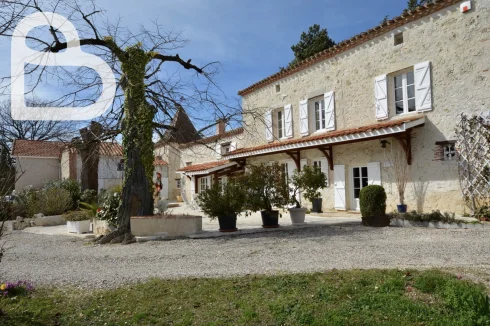Rent Controls on New Lettings
Thursday 01 November 2012
New controls have been introduced on rent increases in the major towns and cities of France.
Since 1st August 2012 landlords of residential properties in 27 agglomerations of France have been obliged to restrict rental increases to a maximum percentage rise set by the government.
Such controls already exist in relation to the annual revision of rents of existing tenants, which are now extended to rents that can be charged to new tenants as well as on the renewal of the tenancy of an existing tenant.
Locations
Those towns and cities caught by the new regulations are where there has been an average increase in rents of over 3.2% per annum since 2002, and where rental levels are an average of €11.10 m2. No rural locations figure amongst those areas subject to the controls.
The locations affected are as follows: Amiens, Annecy, Annemasse, Arles, Beauvais, Bordeaux, Caen, Creil, Douai - Lens, Forbach, Fréjus, Grenoble, La Rochelle, Le Havre, Lille, Lyon, Marseille - Aix-en-Provence, Meaux, Menton, Montpellier, Nantes, Nice, Paris, Rennes, Strasbourg, Toulon, Toulouse.
Properties
The law only applies to unfurnished lettings and where the property is the principal home of the tenant.
So furnished and seasonal lettings are excluded, as are unfurnished lettings if the property is not the main home of the occupants.
Similarly, a property that has been habitually let on a seasonal basis, which is then let unfurnished on annual basis as a main home, is also excluded from the regulations.
Controls
For those properties where it will apply, on the changeover of a tenancy, or renewal of an existing tenancy, landlords will be obliged to set the rent no higher than the previous rent, adjusted by the annual variation in the official rental barometer, called the Indice de Référence des Loyers (IRL).
This index is based on the retail price index and is revised each quarter. To date for 2012 it has risen by an annual average of 2.15%.
One of the major weaknesses of the new rules is that landlords are not required to notify a new tenant of the previous rental, and without such information being provided, there are clearly difficulties in monitoring and enforcement. It seems likely the government will correct this oversight in due course.
In certain circumstances a landlord will still be permitted to freely set the level of the rent. They are:
- On the first letting of a property;
- On a property previously uninhabitable, which has undergone works to bring it up to a minimum legal standard;
- On a property empty for at least six months, in which improvements have been undertaken, at least to the value equivalent to one year's rent.
There is also a relaxation of the rules in the following circumstances:
- Where a landlord has undertaken improvements works since the end of the previous tenancy;
- If the previous rental was manifestly too low in comparison with other local rents.
There is a plethora of small print about all of these exceptions, about which those concerned would need to investigate.
Review
The regulations have been introduced on an 'experimental' basis for a year to 31st July 2013, pending a complete review into landlord and tenant law currently being undertaken, and new legislation promised for 2013.
Thank you for showing an interest in our News section.
Our News section is no longer being published although our catalogue of articles remains in place.
If you found our News useful, please have a look at France Insider, our subscription based News service with in-depth analysis, or our authoritative Guides to France.
If you require advice and assistance with the purchase of French property and moving to France, then take a look at the France Insider Property Clinic.





